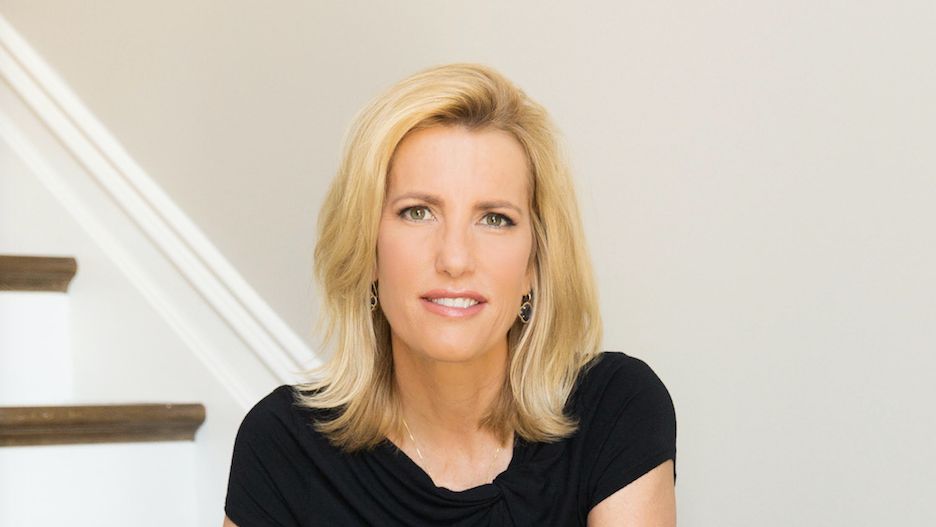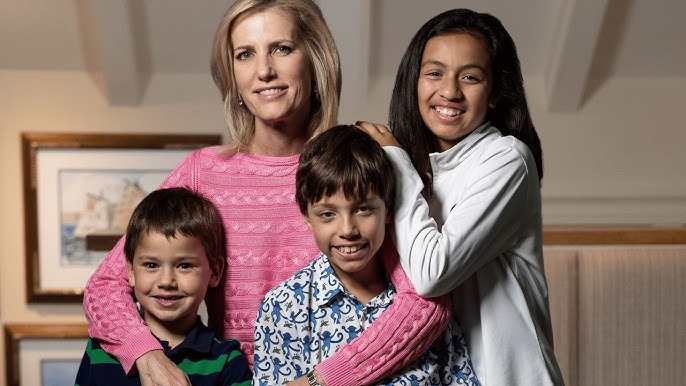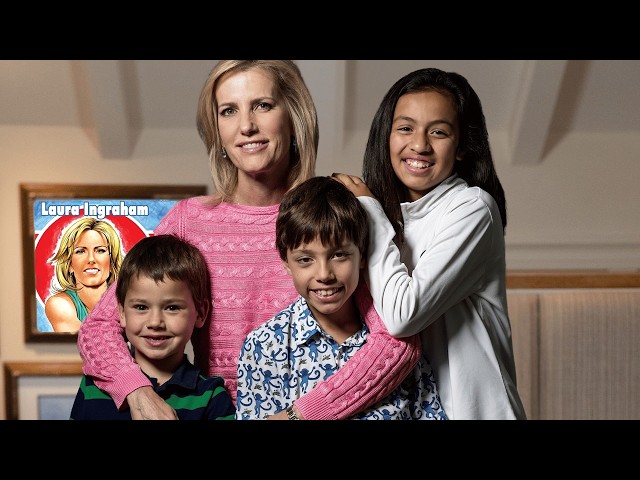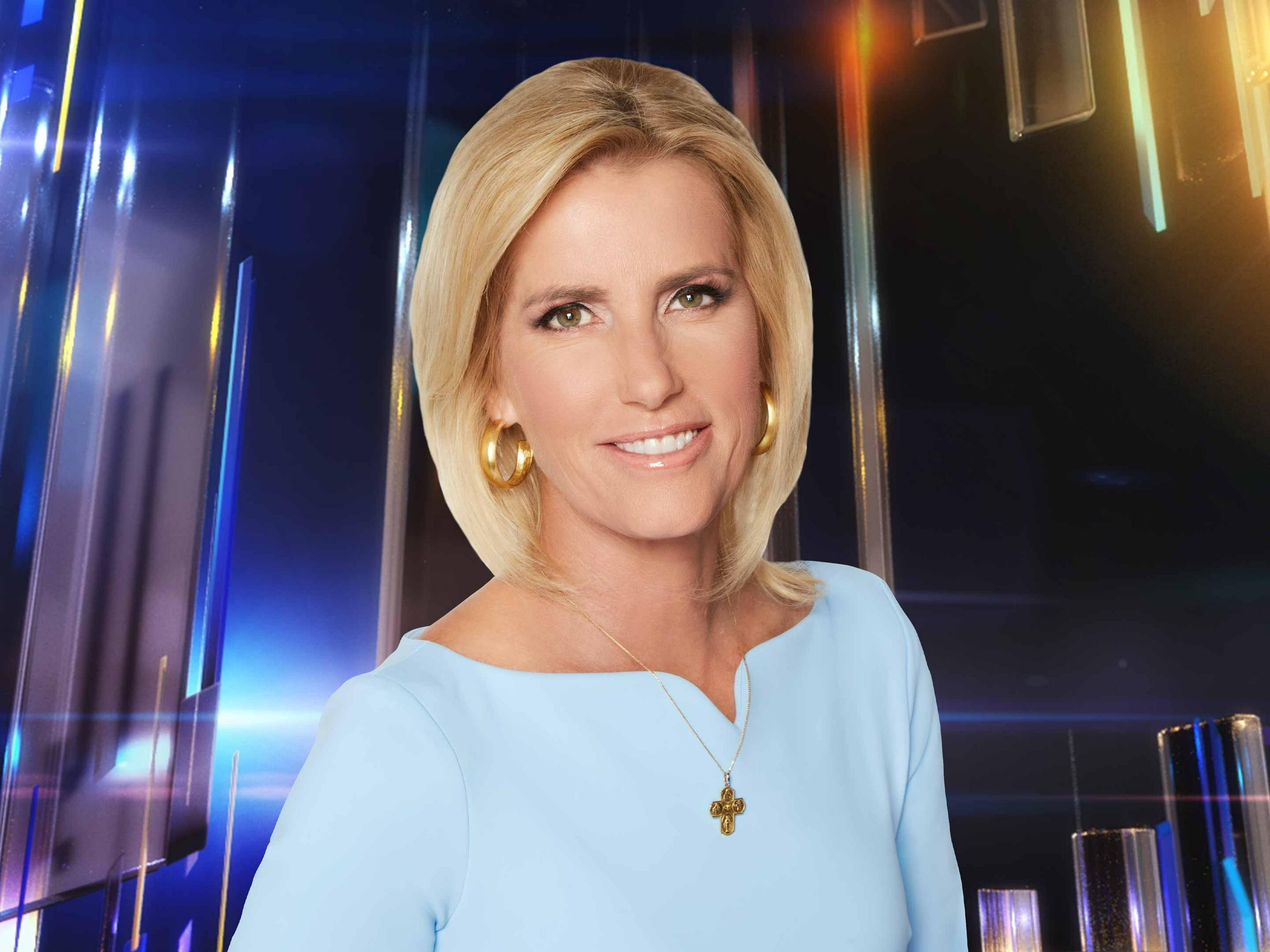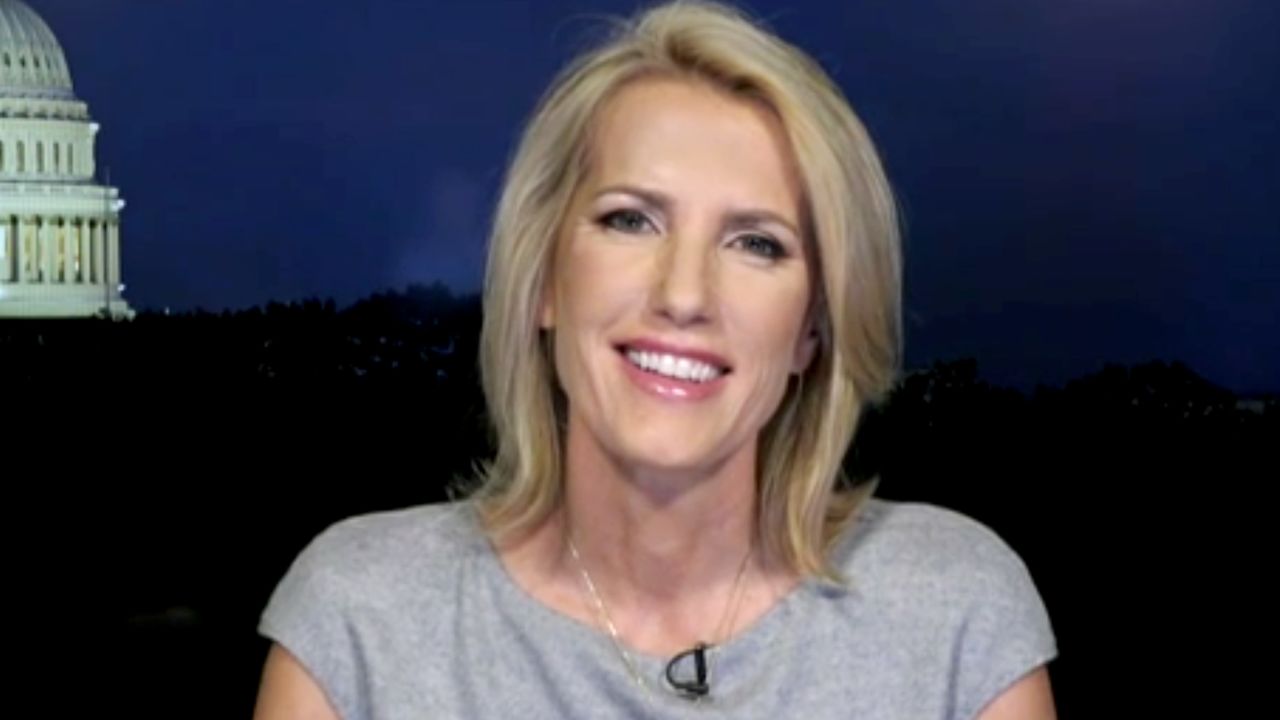Laura Ingraham Opens Up About International Adoption: ‘This Should Never Be About Politics’ (Exclusive)
Laura Ingraham’s Personal Journey with International Adoption
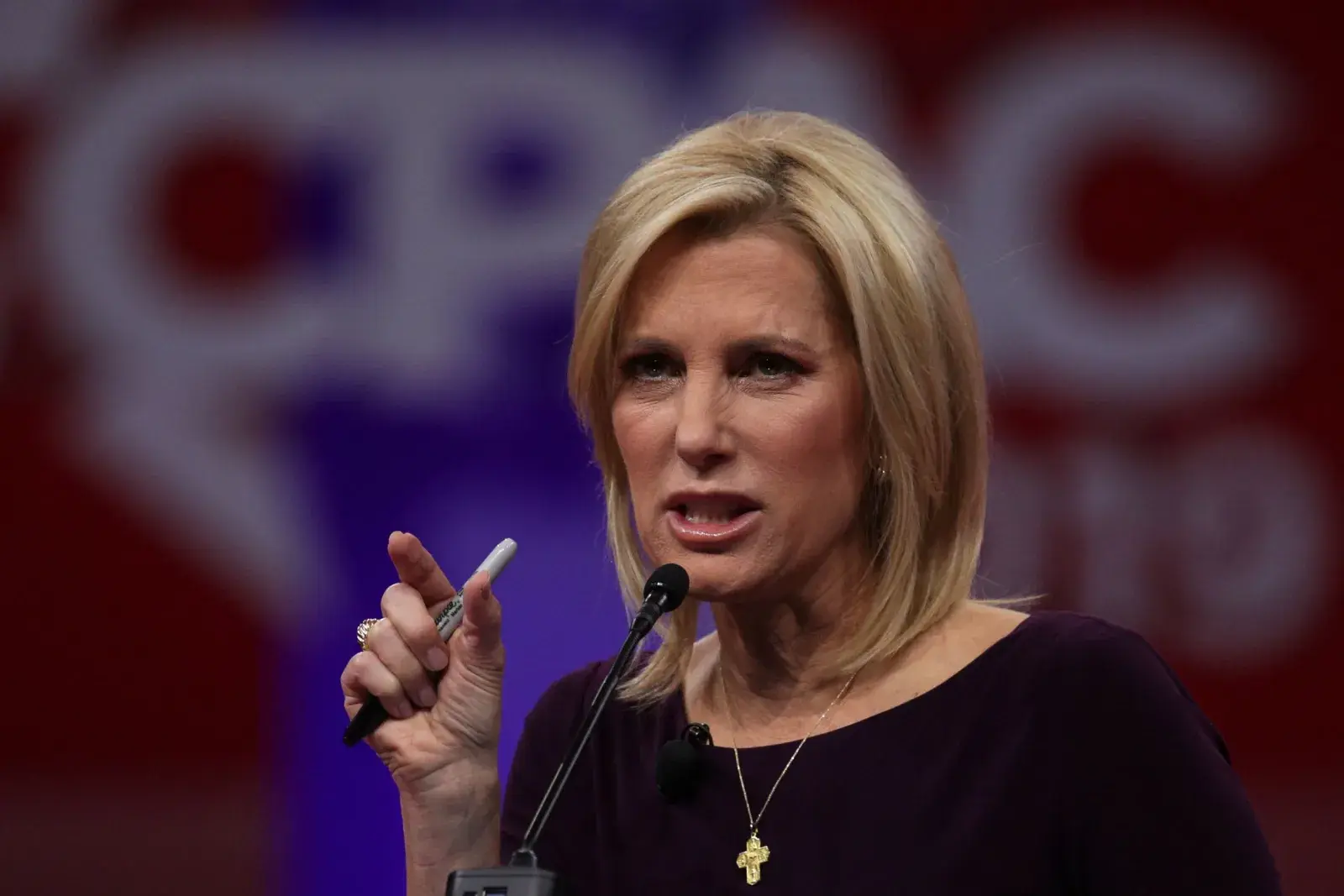
Laura Ingraham, the well-known Fox News host, has rarely spoken publicly about her family life, especially her experience as a single mother to three internationally adopted children. In a candid and exclusive interview, she opened up about the challenges and triumphs of building her family through adoption. More importantly, Ingraham stressed that international adoption should never be entangled in political agendas, but rather focused solely on the best interests of the children involved.
Despite her strong political opinions on many topics discussed during her primetime show, Ingraham firmly believes that adoption transcends politics. “Adoption, first and foremost, needs to be about the children,” she said. “Children should never be used as ‘bargaining chips’ by one nation against another. They’re not commodities. This should never be about politics.” Her words highlight the urgent need for a compassionate and child-centered approach to adoption policies worldwide.
The Challenges and Rewards of Building a Family Through Adoption
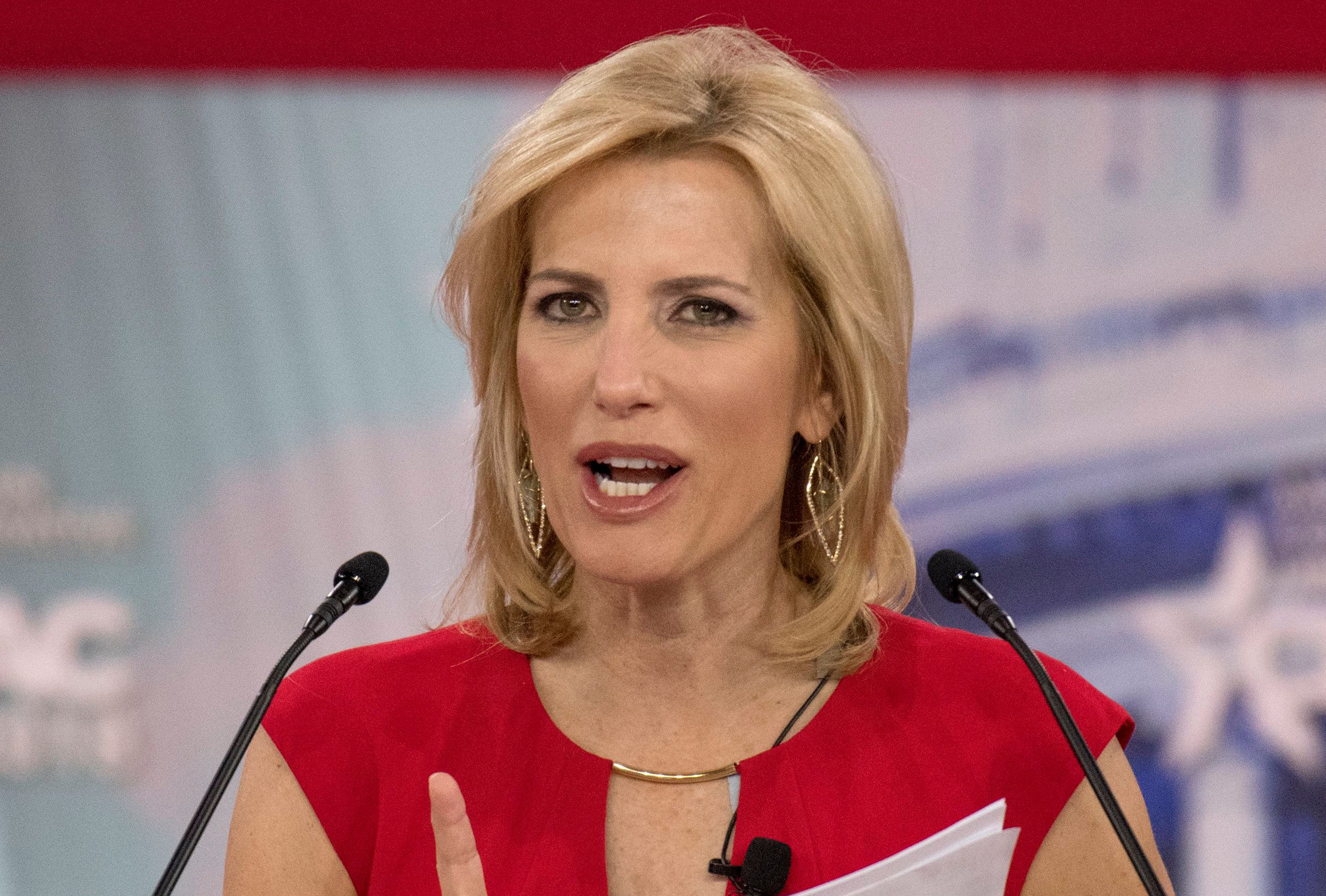
Ingraham’s path to motherhood was far from easy. She recounted the numerous hurdles she faced during the adoption process, including navigating complex international regulations and overcoming restrictions that many countries impose on single parents. For example, her youngest child, adopted at age 11, was among the last group of inter-country adoptions approved by the Russian government before it banned future adoptions to American families.
She also pointed out that many birth mothers who place their children for adoption domestically prefer that their babies be placed in two-parent homes, a preference Ingraham understands. Despite these challenges, she was determined to become a mother. “Even as someone with financial means, raising children as a single parent is the hardest thing I’ll ever do,” she shared. “Since God blessed me, I felt a responsibility to give more of myself, married or not, to children who needed a family. And I always dreamed of being a mom.”
Her children, now aged 16, 13, and 11, come from diverse backgrounds. Her oldest child, originally from Guatemala, is described as mature and compassionate, while the middle child is a growing Lego enthusiast. The youngest is characterized as stubborn, strong, smart, and sensitive. These descriptions reflect the unique personalities and strengths each child brings to their family.
Advice for Prospective Adoptive Parents
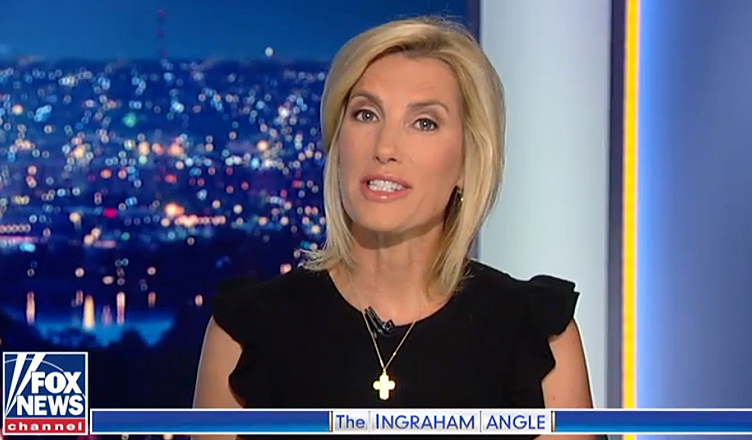
Drawing from her own experience, Ingraham offers valuable guidance for anyone considering adoption. She encourages prospective parents to connect with as many adoptive families as possible to gain insight into the lifelong commitment adoption entails. Organization is key; keeping thorough records and working with reputable adoption agencies can help avoid pitfalls.
“Sadly, there are disreputable attorneys out there who will waste your time and bleed you dry,” she warned. Patience and determination are essential qualities for navigating the often lengthy and complicated adoption process. Above all, Ingraham emphasizes the importance of faith and trust in the journey. “Trust in God,” she advised, underscoring the spiritual dimension of her experience.
Why International Adoption Should Remain Apolitical
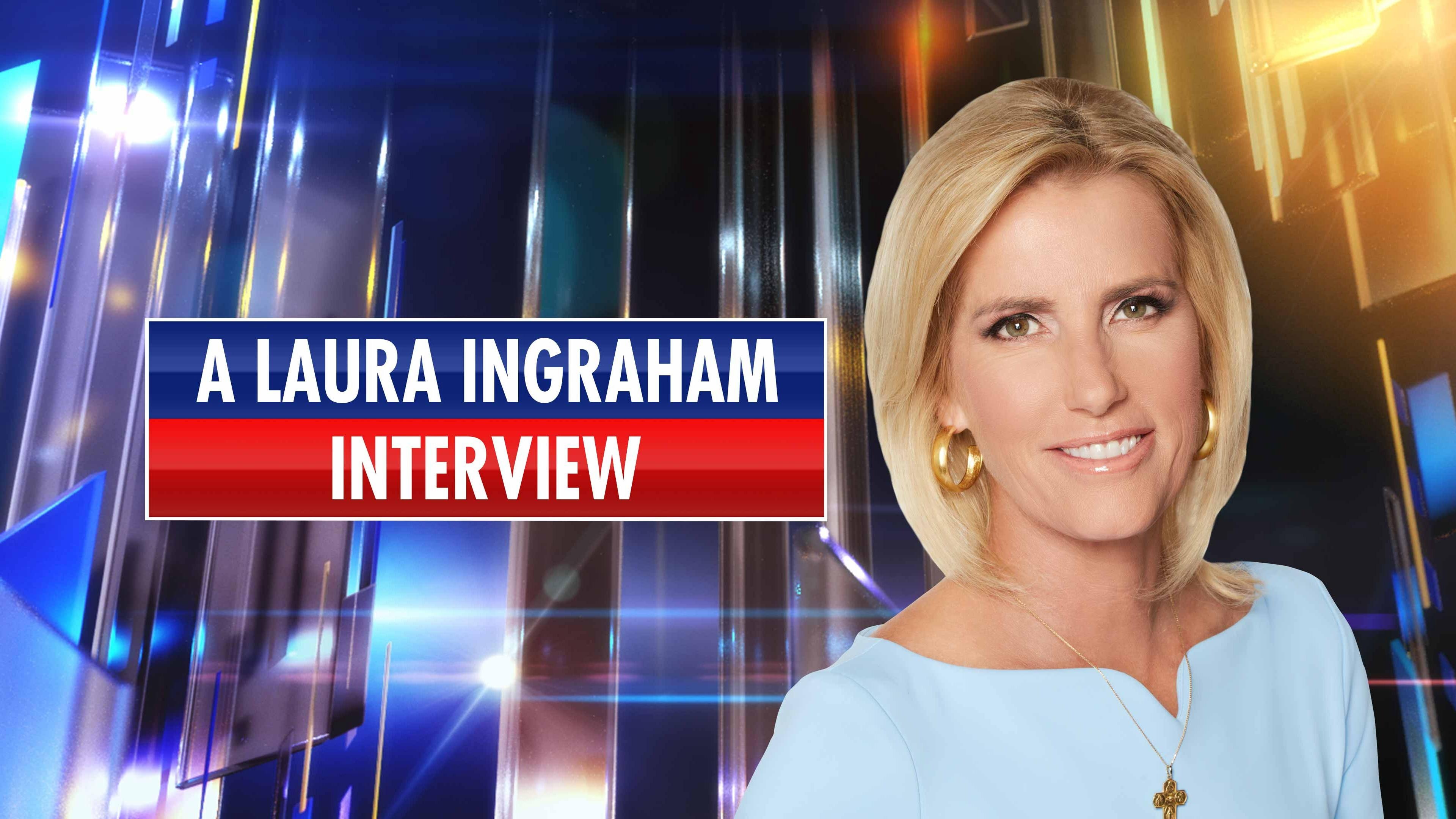
Laura Ingraham’s central message is clear: international adoption must be kept free from political interference. She argues that children’s futures should never be jeopardized by diplomatic tensions or policy disputes between countries. Preventing a child from finding a loving home due to political reasons is, in her words, “selfish and cruel.”
She also highlighted the consequences of negative incidents in adoption, noting that “one horror story of adoptive parents abusing kids is all it takes for a country to shut down all their international adoptions, leaving tens, even hundreds, of thousands of kids without a forever home.” This reality underscores the delicate balance between protecting children and ensuring they have the opportunity to be part of a nurturing family.
Ingraham calls for streamlining certain aspects of the adoption process, such as background checks and home visits, without compromising child safety. Her advocacy is rooted in the belief that every child deserves a safe, loving family, regardless of political climates or international relations.
Uniting Communities Through Adoption
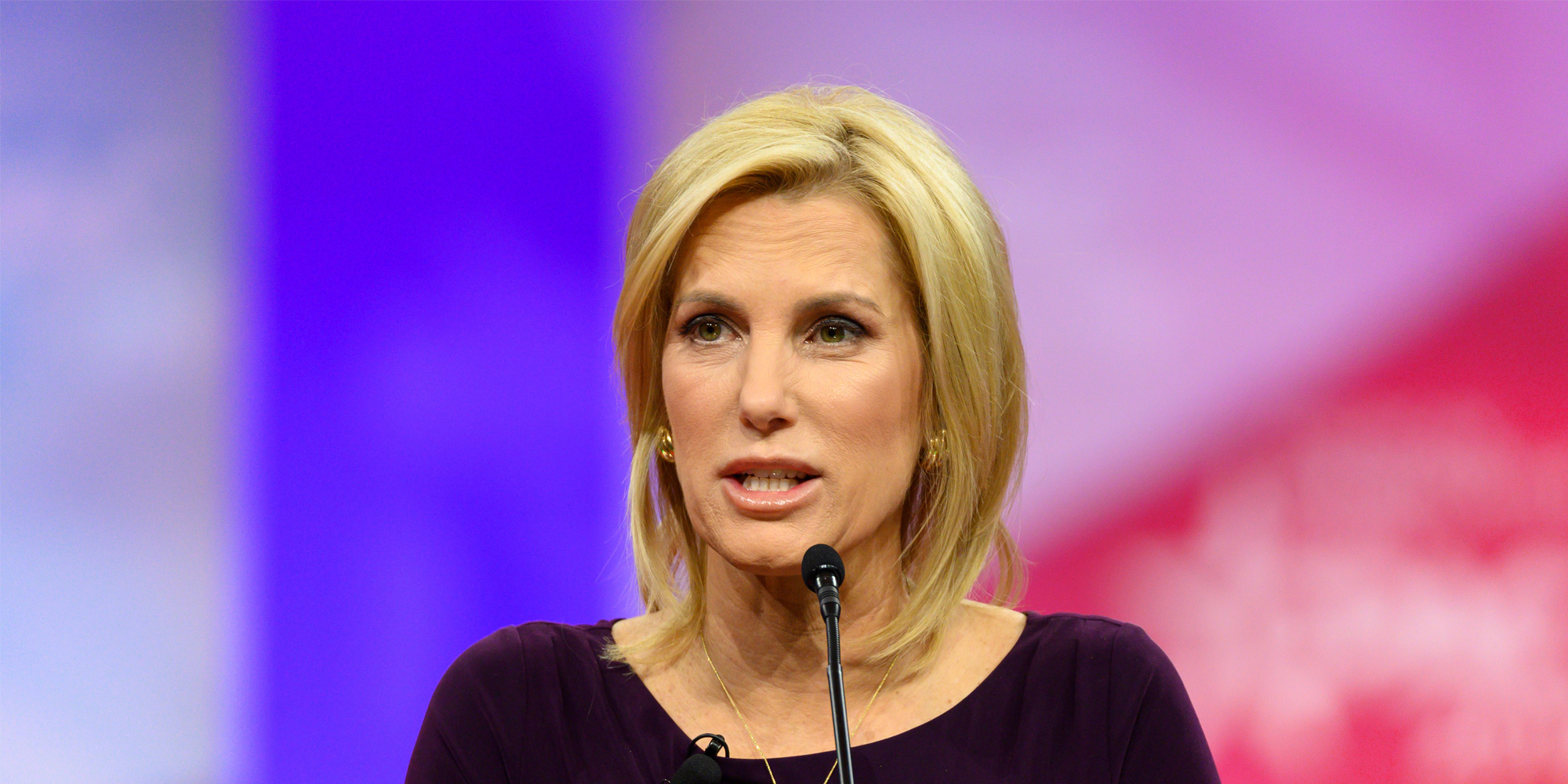
Interestingly, Ingraham points out that adoption is one of the few issues that can unite people across political divides. Encouraging and celebrating adoption has the power to bring together individuals from various backgrounds and beliefs in support of a common cause: providing children with permanent, caring homes.
Her call to action is simple yet powerful: “Let’s get to work.” By focusing on the welfare of children and removing politics from the equation, society can make meaningful progress in adoption policies and practices worldwide.
Conclusion
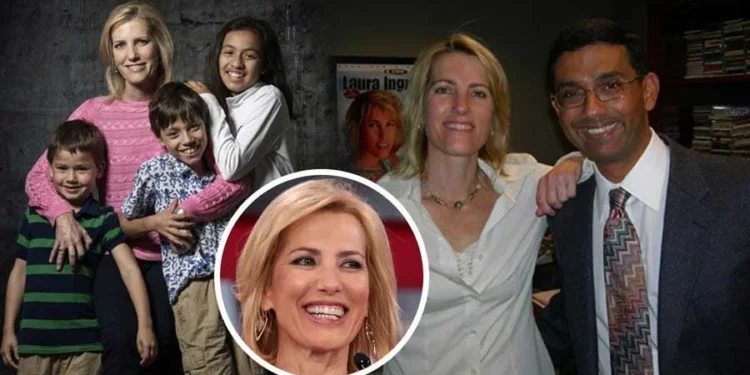
Laura Ingraham’s heartfelt reflections on international adoption remind us that the process should always prioritize the needs and well-being of children above political considerations. Her personal journey as a single mother of three adopted children offers inspiration and practical advice for prospective adoptive parents. Most importantly, her advocacy for an apolitical, compassionate approach to adoption encourages us all to support policies that ensure every child has the chance to grow up in a loving, safe home.
If you are considering adoption or want to learn more about how you can help support children in need of families, now is the time to take action. Reach out to reputable adoption agencies, educate yourself, and join the movement to keep adoption focused on what truly matters—the children.

